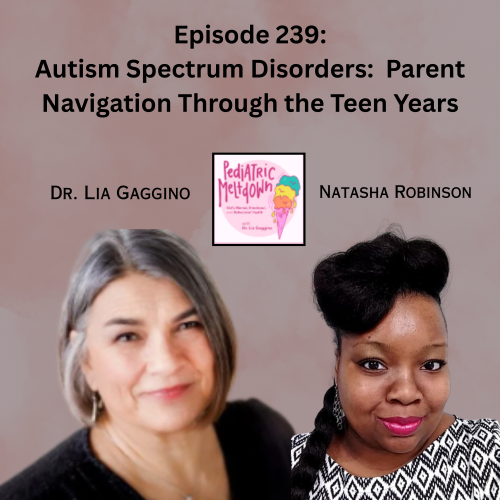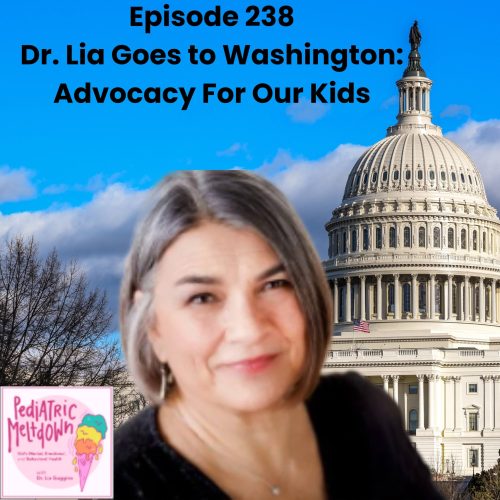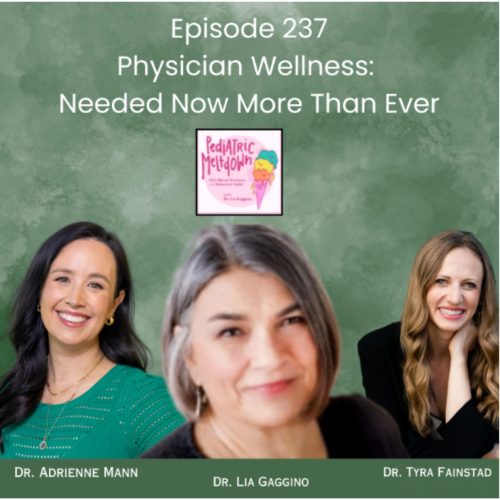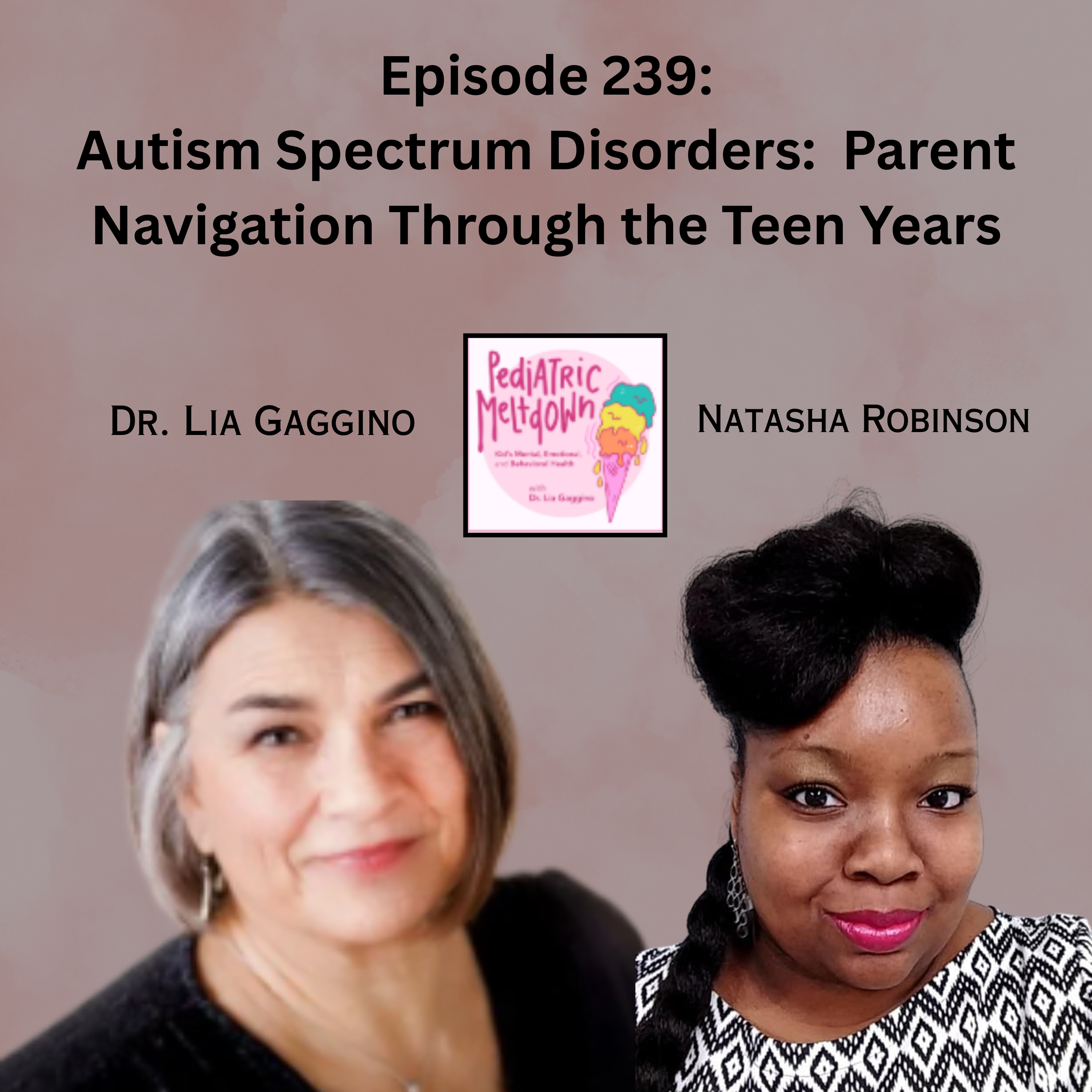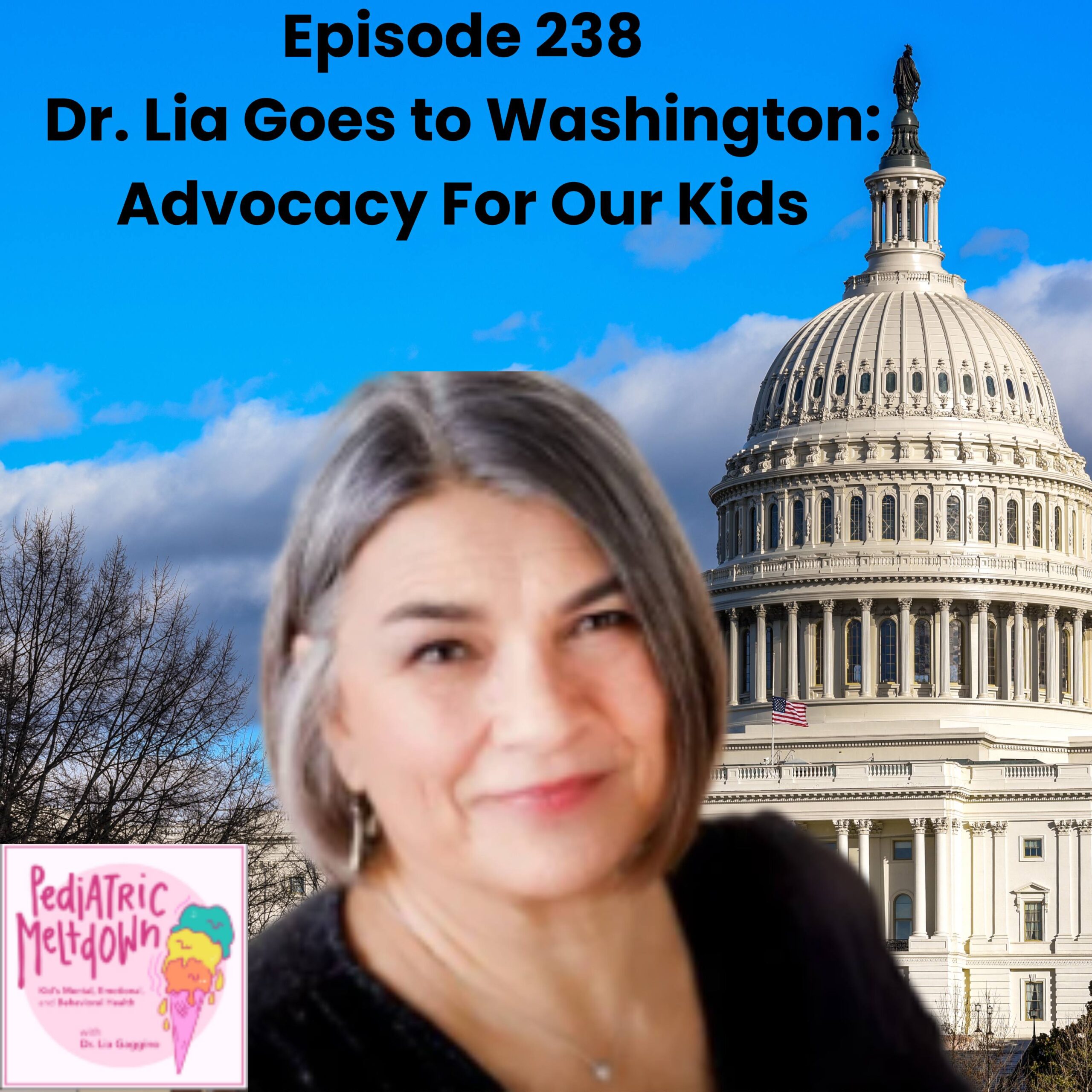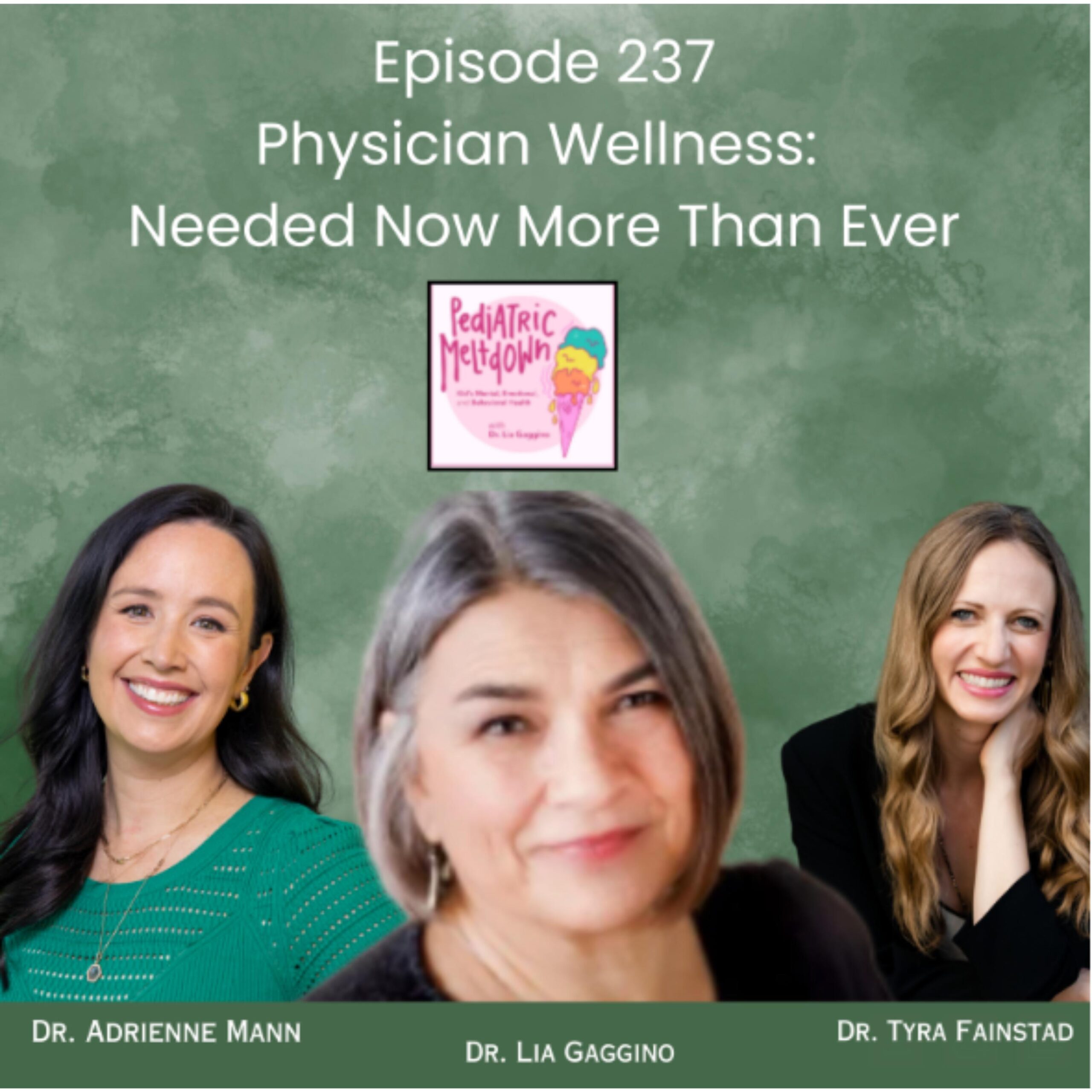Dr. Kofi Essel is a board-certified community pediatrician at Children’s National Hospital (CNH) in Washington, D.C. He serves as Assistant Professor of Pediatrics, the Director of the George Washington University School of Medicine and Health Sciences Culinary Medicine Program, the Director of the GWU Community/Urban Health Scholarly Concentration, and the Director of the GWU Clinical Public Health Summit on Obesity.
Dr. Essel has dedicated his career to advocacy/research around healthcare training, health disparities, and community engagement, with expertise and national recognition in the areas of addressing obesity and food insecurity in families.
[00:01] Opening Segment
- Let’s get to know Dr. Kofi Essel
- He talks about his journey that brought him to pediatrics
[04:40] The Reality About Food Insecurity
- What pediatricians should understand about food insecurity
- Kofi shares the latest statistics
- How it relates to racism in the country
- COVID-19 is not an equalizer, but a magnifier of existing social issues
- Kofi explains
- The first step to resolve food insecurity
- Kofi breaks down what food sovereignty is
[17:53] Role of Poverty and Privilege in Food Insecurity
- The “humanistic ability” that people should be able to possess
- Why this is culturally relevant
- Does working hard solve food insecurity among people living in poverty?
- Listen to our exchange
- How poverty is expensive and privilege is blinding
- The connection between food insecurity and treatment approaches
[27:24] Screening Food Insecurity
- What the Hunger Vital Sign is and how to use it
- Privacy issues to consider when screening for food insecurity
- Shame and guilt are major concerns
- How to deal with food anxiety
[43:27] Holistic Approach to Resolve Food Insecurity
- Here’s a quick guide from Kofi for pediatricians
- Find an anti-hunger champion
- A team is still needed even if there’s a champion or advocate
- We talk about the evolution of pediatrics through the years
- The importance of holistic approach in giving treatments to patients
[53:57] An Important Message for Healthcare Providers
- A great resource for healthcare providers to resolve food insecurity
- Link below
- Kofi’s message to his younger self that you need to hear too
- Giving yourself a chance to do something you want to do
[01:00:02] Closing Segment
- Final takeaways
- Hungry kids in wealthy countries
- The problems magnified by the COVID-19 pandemic
- Food sovereignty
- Step-by-step goal-setting of food-insecure homes
- Poverty as the root cause of hunger
- “Work hard to succeed” is actually a myth
- Structural racism
- The pandemic is not the great equalizer
- The likelihood of a person or family going hungry
- Obesity paradox
- Putting the best foot forward
- Food insecurity and food anxiety
- The two-question hunger vital signs
- The importance of asking questions
- Talking with a parent alone away from the child
- My personal realizations while talking with Kofi
- Looking for an anti-hunger champion
- Use your voice to advance advocacies
- No child should be hungry, ever
Key Quotes:
“The ability to choose one’s food is a humanistic ability and ability we should be able to provide to people.” – Dr. Kofi Essel
“I am where I need to be. I’m learning what I need to learn. I have the right mentors in place. I have all the capacity I need, and it’s going to be okay. It’s gonna be okay.” – Dr. Kofi Essel
Resources mentioned:
- Book: Identifying and Addressing Childhood Food Insecurity in Healthcare and Community Settings
- AAP Policy Statement: Promoting Food Security for All Children
- AAP Food Research & Action Center Toolkit
- D.C. HUNGER SOLUTIONS
Email [email protected] to connect with Kofi or check out https://childrensnational.org to know more about his work.
If you’d like to connect with me, you can find me on LinkedIn, Facebook, Instagram, and Twitter or email me at [email protected] or [email protected]. To learn more about me visit https://www.medicalbhs.com/
LOVE WHAT YOU HEARD? Leave us a 5-star review so we can continue to provide you with great content. Share this episode and help people know more about children’s health and well-being.



